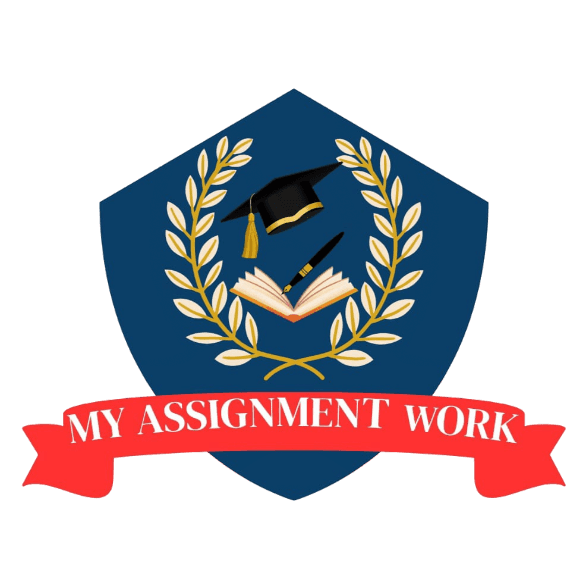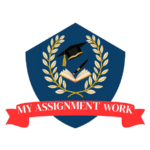5OS02 Advances in digital learning and development
Task One – Written responses to questions
This task seeks to assess your knowledge and understanding of advances in digital learning and
development.
Scenario
You work in the L&D team of a large, successful manufacturing organisation. Much of the success
of the organisation is due to the ongoing development of new products and the continuous
improvement of systems and services. This has required fast and effective employee training, and
much work has been done by your team to complement in-person training events with a range of
technology-based options. Employees can access a range of videos, tutorials and learning
resources, either via their own devices or via terminals in the organisation’s learning centre, and
managers have been trained and encouraged to provide short just-in-time online training sessions
as required. This is all working well.
As a result of your team’s success in this area, you have been asked to lead a session at a
conference for managers and L&D professionals, entitled ‘Advances in Digital Learning &
Development’. The organisers say that there is no requirement to talk about your organisation in
particular, but as a successful experienced practitioner they would like you to share your general
knowledge, advice, and recommendations.
To help you prepare and pitch the session effectively, you decide to research and respond to the
tasks given below. This will help to support your session and provide a follow-up resource for your
attendees.
Instructions
Prepare a written response for each of the tasks 1 – 8.
Remember that, at this level, it is important that your responses include reference to wider
reading as well as practical examples, to expand your responses and illustrate key points in your
answers.
You should also ensure that your overall, your responses are within the stipulated word count (see
below).
- Evaluate how the development of technology and digital collaboration has impacted the design
and delivery of learning and development over the last decade. (AC 1.1) - Assess the main risks and challenges of technology-based L&D – for both organisations and
learners – including how these are being addressed. (AC 1.2) - Assess how your role, as an L&D professional, has been impacted by emerging L&D
technologies. (AC 1.3)Summarise two different types of digital learning content and, for each, how you might use them. (AC 2.1) - Discuss two ways in which the choice of digital learning content can impact the effectiveness of
learning and levels of engagement. (AC 2.2) - Explain the key principles that someone who wants to start curating learning materials for their
team, which might include specific needs, should be aware of. (AC 2.3) - Discuss the key differences between facilitating a live online learning activity and facilitating a
face-to-face learning activity and the implications of these for both the facilitator and the
learners. (AC 3.1) - For someone who is planning their CPD, assess the skills they need to be an effective facilitator
of online learning activities. (AC 3.2)
Task Two – Recorded session
Scenario continued (Task 2 continues the scenario from Task 1.)
The conference organisers have also asked you to respond to the question they’ve received in
advance from one of the attendees, who said:
‘I already deliver short group learning sessions online, using TEAMS or ZOOM, but these are
basically just me explaining something, with a bit of Q&A at the end. What skills or techniques
do you use to make your sessions more interesting?’.
To respond to this question, you have decided to show a video/recording of a live online learning
session that you have previously facilitated.
Instructions
Facilitate and record a live online learning session, with at least two learners, in which you
demonstrate at least two online facilitation skills, for example:
- use of polls
- break-out rooms
- whiteboards
- shared screens
- embedded video
- virtual icebreakers
- engagement activities
- participation monitoring techniques
- support with technology (AC 3.3)
There is no requirement to include evidence of the use of references to wider reading for AC 3.3.
GET THIS ASSSIGNMENT COMPLETED FOR £140 WITH NO HIDDEN OR EXTRA CHARGES. 100% ORIGINAL WORK IS GUARANTEE

